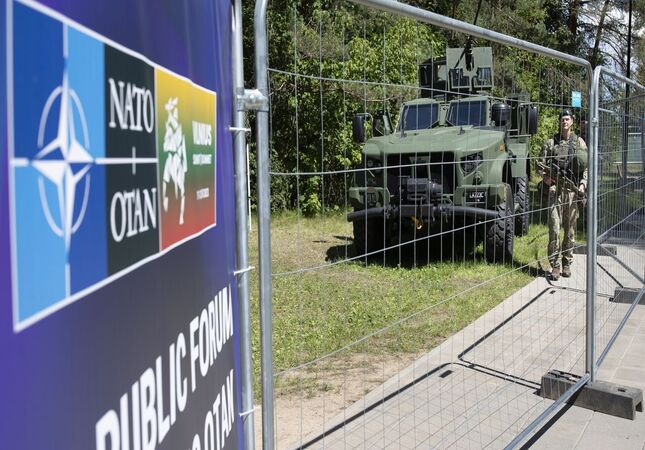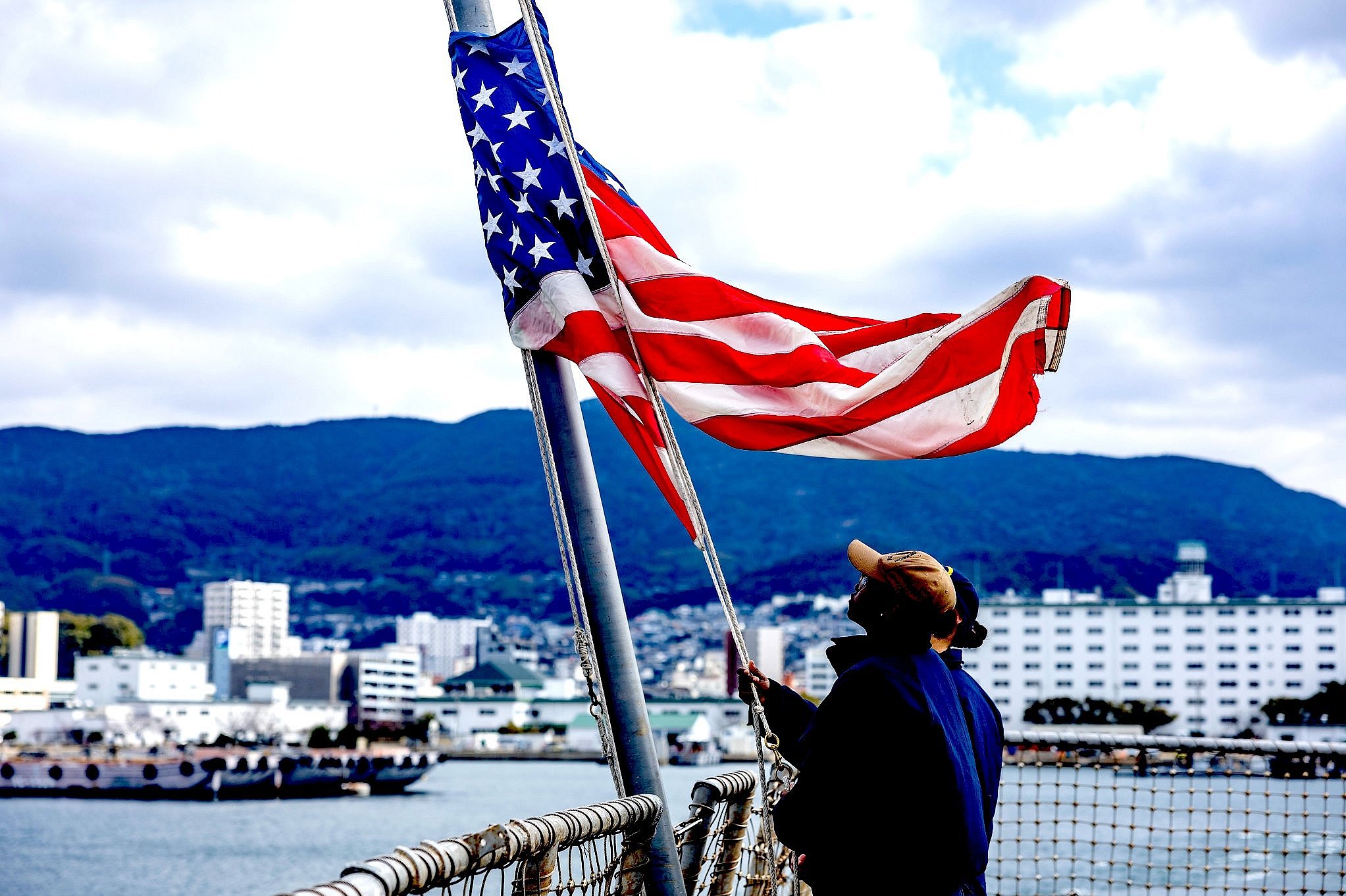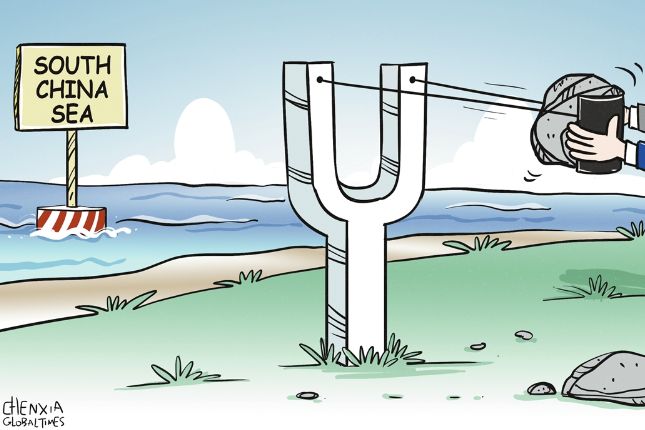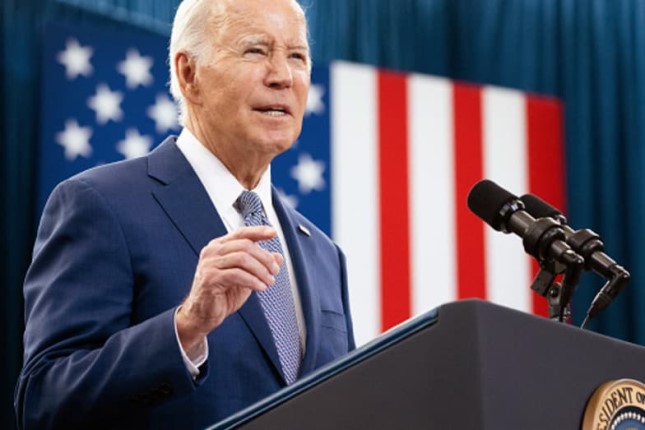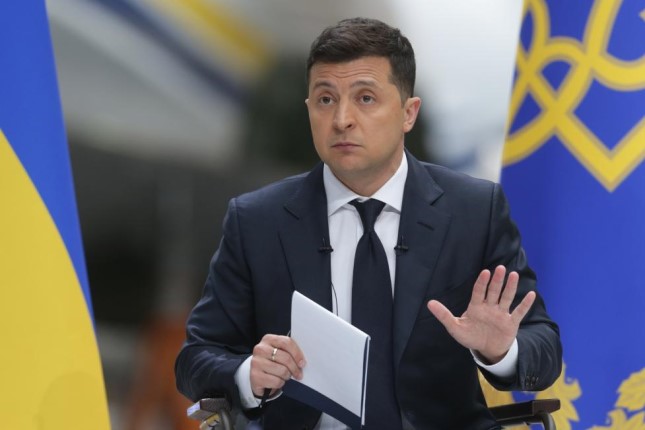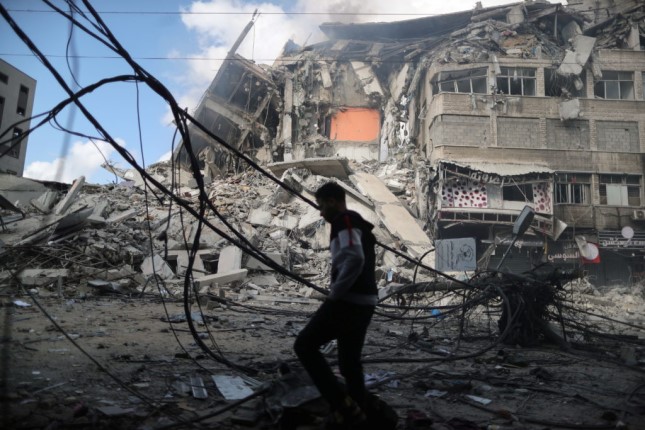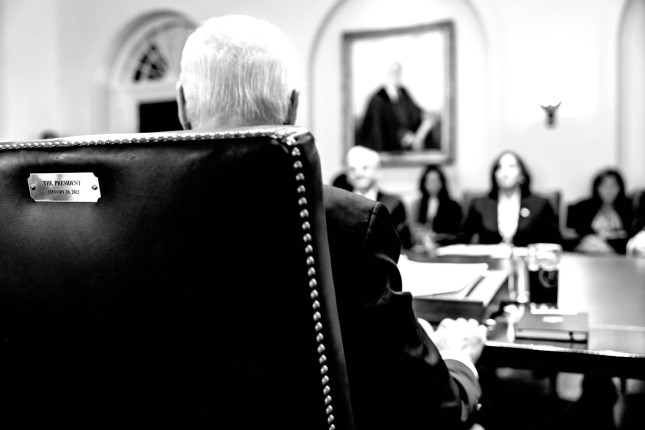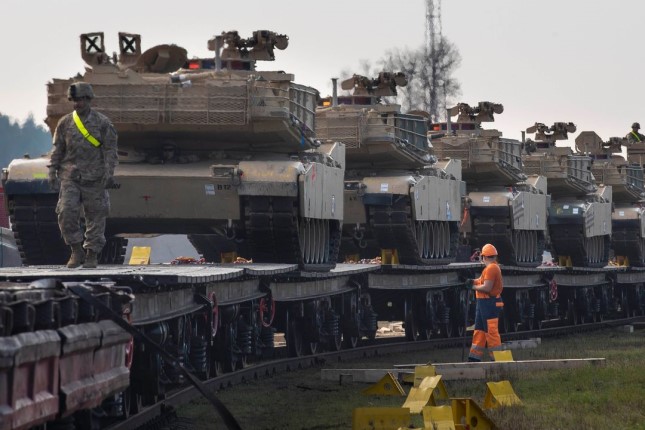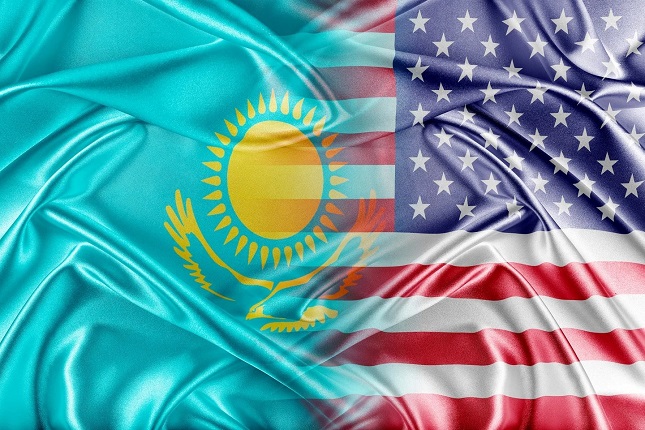On Tuesday and Wednesday, NATO will hold a summit in Vilnius, Lithuania, against the backdrop of a media campaign for direct intervention of NATO troops against Russia in order to prevent the collapse of the Ukrainian war effort.
This campaign takes the form of the demand that Ukraine be admitted into NATO. If this were to happen, it would mean that Ukraine is covered by NATO article 5, which, in turn, would mean that the United States has a treaty obligation to go to war with Russia.
Whether through the admission of Ukraine into the NATO alliance or through the creation of “security guarantees,” the diplomatic framework is being deliberately created for the direct entry of NATO troops into the conflict.
This media campaign, which reflects attitudes prevailing within the highest echelons of the NATO governments, has acquired an increasingly unhinged character—with major newspapers braying for a third world war.
An article published in the editorial section of the New York Times entitled “A NATO Invitation Will Make or Break Ukraine” declares, “Now it’s time to bury Moscow’s imperialist dreams. There is no better way to do it than by granting Ukraine a political invitation to join NATO in Vilnius now.”
The author, Alyona Getmanchuk, refers to concerns over the fact that such a conflict would lead Russian president Vladimir Putin to “dip into his nuclear arsenal” as “hand-wringing.”
She writes,
Now, as in previous years, the hand-wringing over the attendant risks of inviting Ukraine into NATO has cropped up again. And again, it is focused on the danger of further provoking Mr. Putin… The Russian Army has no chance in a military confrontation with NATO; it is barely coping with the armed forces of Ukraine.
This is a completely insane statement. In judging the dangers posed by a war between two nuclear-armed powers, the relative strengths of the two sides’ conventional forces are meaningless.
If NATO’s military threatens to defeat Russia, Russia’s military doctrine is to use nuclear weapons, triggering a nuclear war in which the Russian nuclear arsenal alone is capable of destroying not only every major city in America, but of ending human civilization altogether.
Critically, Getmanchuk stresses that time is of the essence, so as not to allow the decision to go to war with a nuclear-armed state to become an issue in the upcoming presidential election:
Some reluctant NATO leaders might say that they don’t have anything against Ukraine’s invitation to the alliance in general, but the timing is not right. But is there any such thing as perfect timing? Next year, at the Washington NATO summit while the United States is in the midst of a presidential campaign? That seems doubtful.
An even more reckless demand for US entry in the war came from the Guardian’s Simon Tisdall, who published an op-ed over the weekend directly calling for NATO troops to become involved in the war. In the article, titled “NATO must finally step in to stop Russia,” Tisdall demands, “So no more conditions, cavils, and clever caveats, please. NATO must unleash its considerable power to ensure Ukrainian victory.”
Declaring that “Ukraine’s accession [to NATO] should be fast-tracked,” Tisdall gives away the central motivation of this campaign: “Yet important though this issue is, NATO faces a far bigger question this week: whether it is doing enough to ensure Kyiv wins the war—or at least, doesn’t lose.”
For months, the US media had heralded Ukraine’s spring offensive, which it breathlessly proclaimed as a decisive turning point in the war. Just over a month ago, the Economist proclaimed, “Western military officials believe that Russia’s poorly motivated and badly trained troops, exhausted after months of fruitless offensives, may struggle to defend the trenches and fortifications.”
Now, confronted with the failure of Ukraine’s offensive—which has achieved nothing despite the death of tens of thousands of soldiers—the US media claims that the only way to rescue Kiev regime from a military debacle is to intervene directly.
The Vilnius meeting was conceived as a victors’ summit. Instead, the NATO powers are meeting against the backdrop of military failure: the meeting will be a “Summit of the Desperate.” All the NATO regimes confront deep internal crises, which would be intensified by a major failure of the war they provoked.
In May, following the announcement that the US would send F-16 fighter jets to Ukraine amid the fall of Bakhmut, the World Socialist Web Site asked, “How will the United States respond to this latest debacle? How much further can Washington escalate? Can anyone doubt that, following the dispatch to Ukraine of advanced fighter jets, demands will emerge in the press for Biden to send ‘defensive’ nuclear weapons to Ukraine, or even for NATO troops, whether in the skies or on the ground, to become directly involved in the fighting?”
These predictions have been confirmed within just months.
On Sunday, Biden said that it is “premature” for Ukraine to join NATO. “We’re at war with Russia, if that were the case,” Biden said. This declaration must be seen in the context of Biden’s declaration in February 2022 that “The idea that we’re going to send in offensive equipment and have planes and tanks and trains… that’s called World War III,” which was followed by the United States deploying main battle tanks and F-16s. Every single red line the Biden administration claimed it would not cross in Ukraine it has ultimately done so—in some cases just weeks or even days later.
Photo: Soldiers stand guard at a fence surrounding the venue of the NATO summit in Vilnius, Lithuania, Sunday, July 9, 2023 ©AP Photo/Mindaugas Kulbis
Source: World Socialist Web Site.
